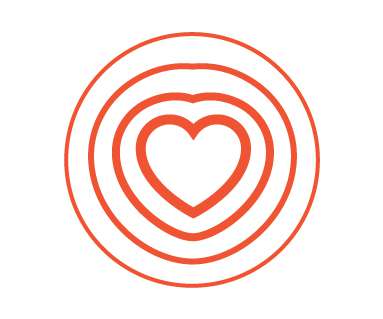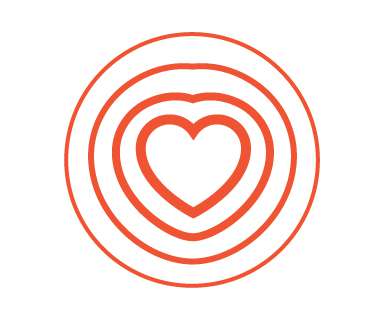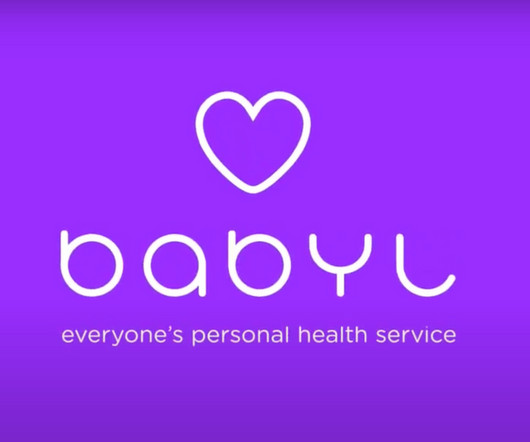Our Mobile Health Data: Shared, Identifiable, and Privacy-Deprived
Health Populi
MARCH 28, 2019
This compromised health data privacy scenario comes out of research published this month in the BMJ , Data sharing practices of medicines related apps and the mobile ecosystem: traffic, content, and network analysis. While California will implement a broad consumer-protective privacy law on January 1, 2020, the remainder of the U.S.













Let's personalize your content